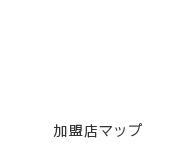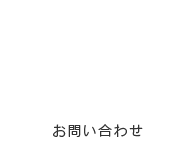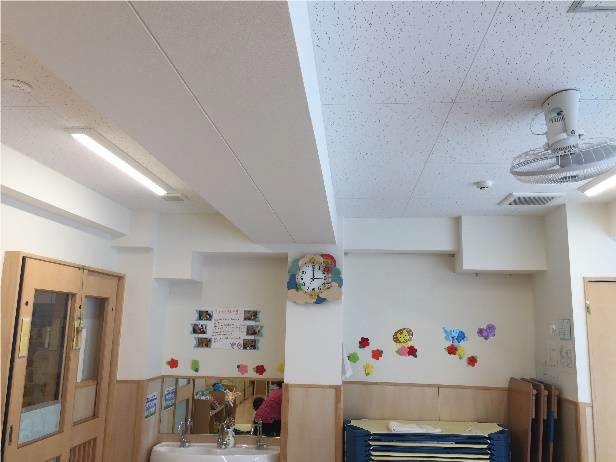- ホーム
- >
- 学生によるレポート一覧
- >
- 子供一人一人に寄り添う「鎌田のびやか園」 / nursery school "Kamata-Nobiyakaen" (English below)

2018年06月17日|学生によるレポート一覧
子供一人一人に寄り添う「鎌田のびやか園」 / nursery school "Kamata-Nobiyakaen" (English below)
Warning: Undefined variable $main_visual in /var/www/vhosts/seijo.or.jp/httpdocs/seijo_blg/wp-content/themes/seijo/single.php on line 106
小田急線 「成城学園前駅」 中央改札口を出て徒歩3分。
鎌田のびやか園さんの園長先生である坂田さんと、職員の石川さんに取材させていただきました。
本園2017年4月1日、分園は2016年9月1日に創設。
もともと、のびやか園(分園)は宇奈根なごやか園の分園として建った場所だったのですが、2017年4月1日の、鎌田のびやか園の創設に際して、分園の付け替えというのを行い、宇奈根なごやか園の分園から鎌田のびやか園の分園に生まれ変わったのが生い立ちです。
鎌田のびやか園は私立保育園で、運営しているのは社会福祉法人嬉泉で、法人の理念が色濃く反映されています。社会福祉法人嬉泉には受容的交流理論という理念があり、これは当事者である子ども、障害児者の将来を含め、その子らすべてを受容した上で必要な交流を図っていくことが狙いです。もう一つは当事者の主体性を育む・尊重するという考え方を大事にされています。
鎌田のびやか園さんの保育理念を尋ねると
“主体的に行動する子、逞しく自分の力で働く子、人を思いやる豊かな心を持つ子、そういうお子さんに育て上げます。”
と園長先生はおっしゃっていました。
この受容的交流理論と、保育理念とを合わせて保育を展開しているそうです。
次に園の雰囲気づくりの上でこだわっている点について尋ねました。
のびやか園では職員にユニフォームがないそうです。これは家で過ごしているという雰囲気を出すためです。子どもが家庭で過ごすのと同じスタイルで保育園で過ごしてもらうため、内履きも履きません。園長先生は裸足でした!
普通、先生と園児は主従関係を結びやすいのですが、のびやか園さんは家庭的な愛着関係を大事にされています。例えば、子どもが園長先生のことを“親父”とか、苗字で呼び捨てにしても、それは子どもが愛着を持ってつけてくれた名前なので「園長先生と呼びなさい!」と正すことはないそうです。
このような家庭的な環境を整え、子どもたちとの距離を縮め、子ども一人一人の気持ちをいかに汲み取って支えていくのか、これを一番大事にしているとおっしゃっていました。
また最近では、地域交流を盛んに行っていて、向かいの丼丸のマスターがのびやか園のサンタクロースをやってくれたり、ハロウィンの時には子どもたちが自分で作った洋服で仮装して、商店街を歩いたりするそうです。その際、商店街の方たちにこのお菓子を渡してほしいとお願いをし、地域との繋がりも少しずつ広げています。また、運動会を開くときに小学校に場所を提供してもらい、小学生との交流も行っているそうです。
今後は世代間交流を増やすために、老人ホームや成城大学と交流していきたいとおっしゃっていました。
開園時間:月~土 7時15分~18時15分(1時間の延長あり)
(日、祝日、年末年始は休園)
境ゼミナール2年: 二井田
Kamata-Nobiyakaen
“Kamata-Nobiyakaen” is a nursery school just five minutes from Seijogakuen-Mae station. We chatted with Mr. Sakata, the principal of Kamata-Nobiyakaen, and Ms. Ishikawa, a staff member.
The main facility of Nobiyakaen was founded in April 2017, the annex was founded in September 2016. Why was the main facility completed after the annex? The reason is that the annex of Kamata-Nobiyakaen was founded as the annex of Unane-Nagoyakaen, but when Kamata-Nobiyakaen was founded in 2017, it replaced the annex and it was born again as the annex of Nobiyakaen from Nagoyakaen’s annex.
Nobiyakaen is a private nursery, operated by the social welfare corporation “Kisen”. Therefore, Kisen’s philosophy is strongly reflected in the nursery school’s management. Kisen has a policy which is called “acceptive exchange”. This is aimed at achieving the necessary interactions after accepting all children, who are the actors in the exchange, including the future of disabled children. In addition, they value the idea of nurturing the initiative and respecting the subjectivity of the children.
Principal Sakata explained, “Our mission is to nurture children who will be able to act on their own initiative, who will work resolutely with their own strengths, who will have the richness of mind to think of other people.”
Their style of childcare is developed as a blend of Kisen’s philosophy of acceptive exchange and their own childcare philosophy.
Next, we asked about the special ways in which they create the nursery atmosphere.
Staff members of Nobiyakaen do not wear a uniform. This is to create an “at-home” mood. To get the same feeling as when they children are at home, they do not wear slippers. Mr. Sakata was barefoot!
Normally, in nurseries and kindergartens there is a strict teachers and pupil relationships, but Nobiyakaen cares about home-like affection. For example, even if children call the teacher “Daddy” or even just by their surname, that is the name the child uses with affection, so there is no reason to scold “Call me Teacher!”
*If the nickname that the children attached to the teacher was a dirty or insulting word, they would admonish the children to show them what is wrong.
They told us that the most important thing is how to create a home-like environment, get closer to the children, and how to support the feelings of each child.
Recently, they have been conducting active community exchanges, for example asking the master of the seafood bowl shop “Donmaru” to play Santa Claus at Nobiyakaen, and at the time of Halloween the children wear costumes made by themselves and walked down Seijo shopping street. At that time, the staff members asked shopkeepers in Seijo shopping street to give sweets to the children, and the connection with the area is spreading little by little.
Also, they are offered space by a local elementary school to hold their sports day, and they are interacting with elementary school children. “In the future, we would like to interact with nursing homes for the elderly and with Seijo University, in order to increase inter-generational exchanges,” they commented.
Opening time: 7: 15am to 6: 15pm *Monday through Saturday
Closed days: Sunday, public holiday, New Year’s Holiday
SEIJO University SAKAI Seminar 2nd Year students: Niida
Warning: Undefined variable $sname in /var/www/vhosts/seijo.or.jp/httpdocs/seijo_blg/wp-content/themes/seijo/single.php on line 151
月別アーカイブ
2014 © seijo.or.jp all rights reserved.













